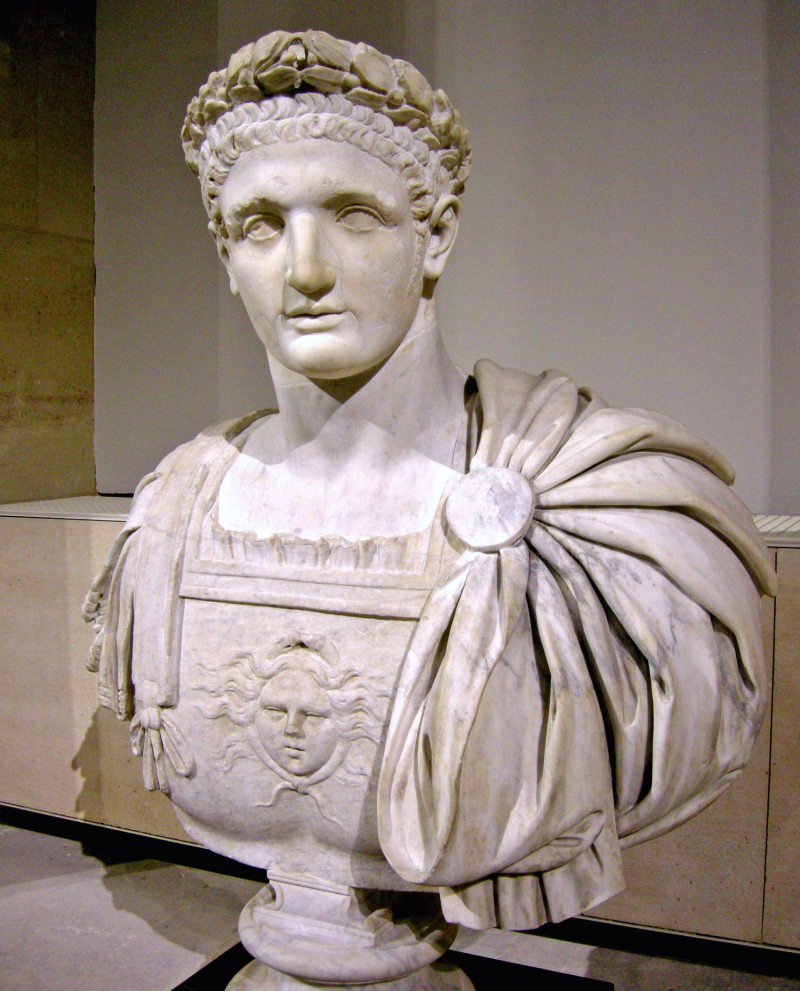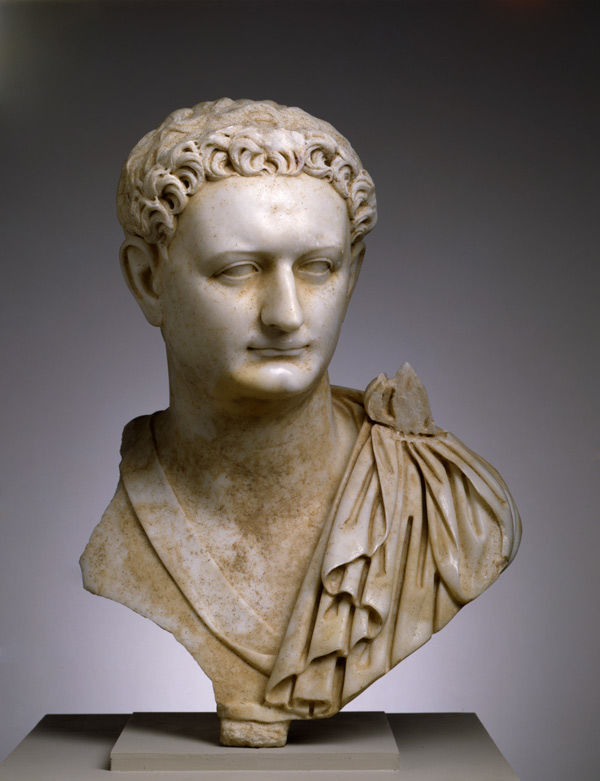He was a Roman emperor who reigned from 81 to 96 and his 15-year reign was the longest since that of Tiberius
One of the most interesting facts about Domitian is that he was a Roman emperor who reigned from 81 to 96 and his 15-year reign was the longest since that of Tiberius. Domitian, as emperor, soon discarded the republican façade that his father and brother had maintained during their rule. Domitian openly abolished the Senate's powers by shifting the center of government to the imperial court. Domitian, according to Pliny the Younger, believed the Roman Empire should be governed as a divine monarchy, with himself as the beneficent despot at the helm. Domitian believed that the emperor's job included directing the Roman people as a cultural and moral authority, in addition to exercising absolute political power. To welcome the new era, he embarked on ambitious economic, military, and cultural plans aimed at restoring the Empire to its former glory under Emperor Augustus.
Despite his ambitious plans, Domitian was resolved to manage the Empire with care and precision. He got directly involved in all aspects of government, issuing edicts dictating the most minute matters of daily life and law, while taxation and public morals were strictly enforced. According to Suetonius, the imperial administration was never more effective than under Domitian, whose high standards and distrustful disposition kept provincial governors and elected officials at historically low levels of corruption. Although he made no pretense about the Senate's importance under his absolute power, senators he judged worthlessly were ejected from the Senate, and in the distribution of public appointments, he rarely favored family members, a policy that contrasted with Vespasian and Titus' nepotism.










